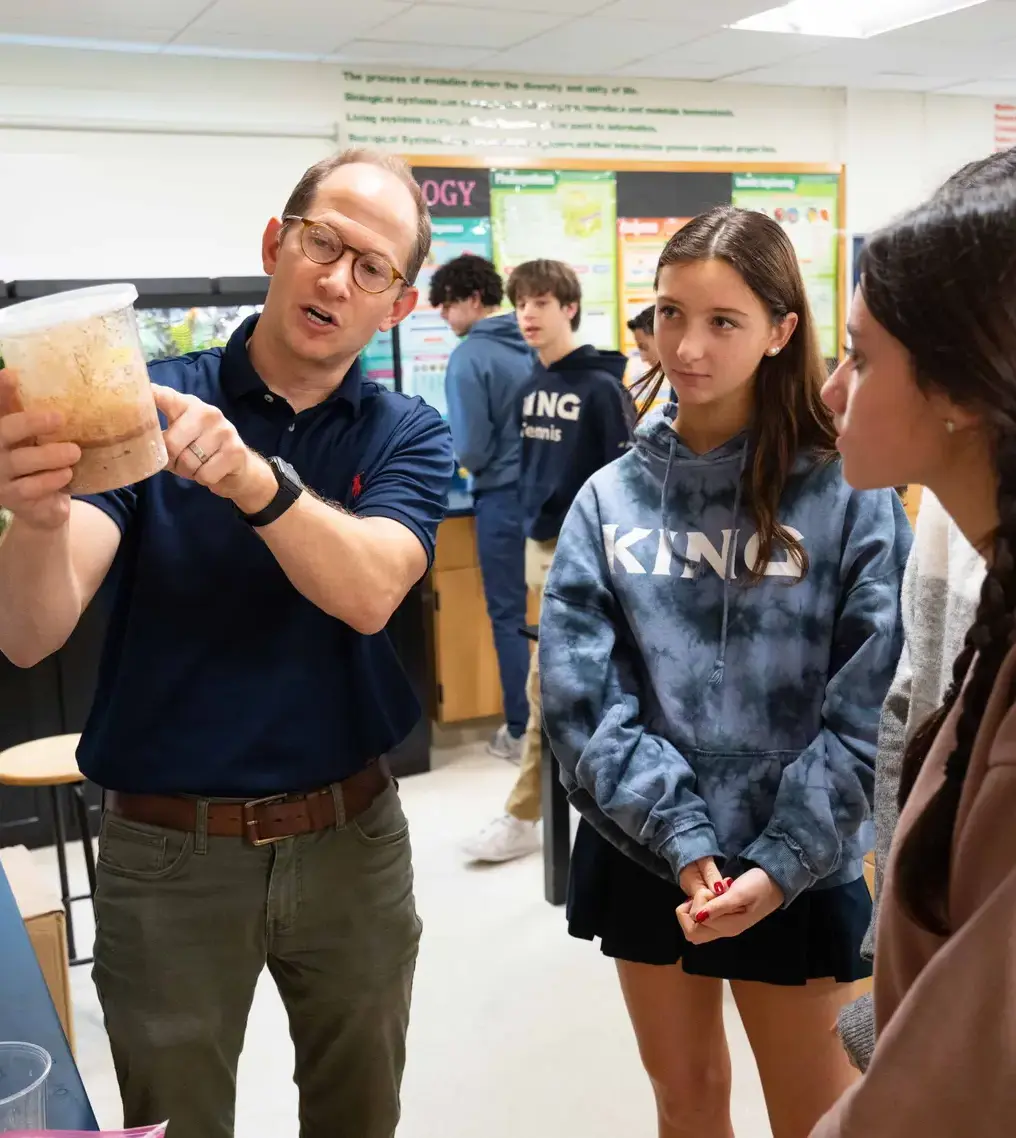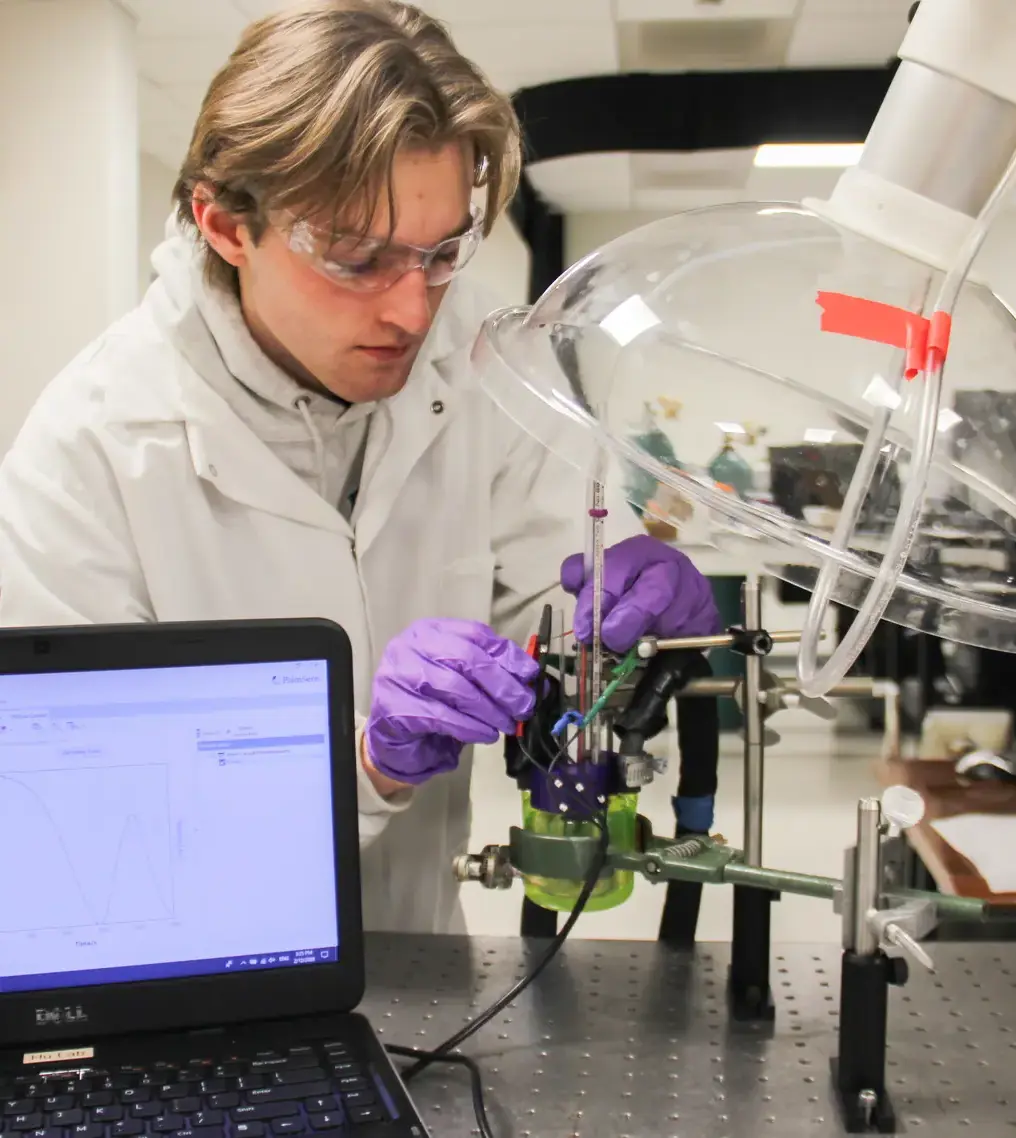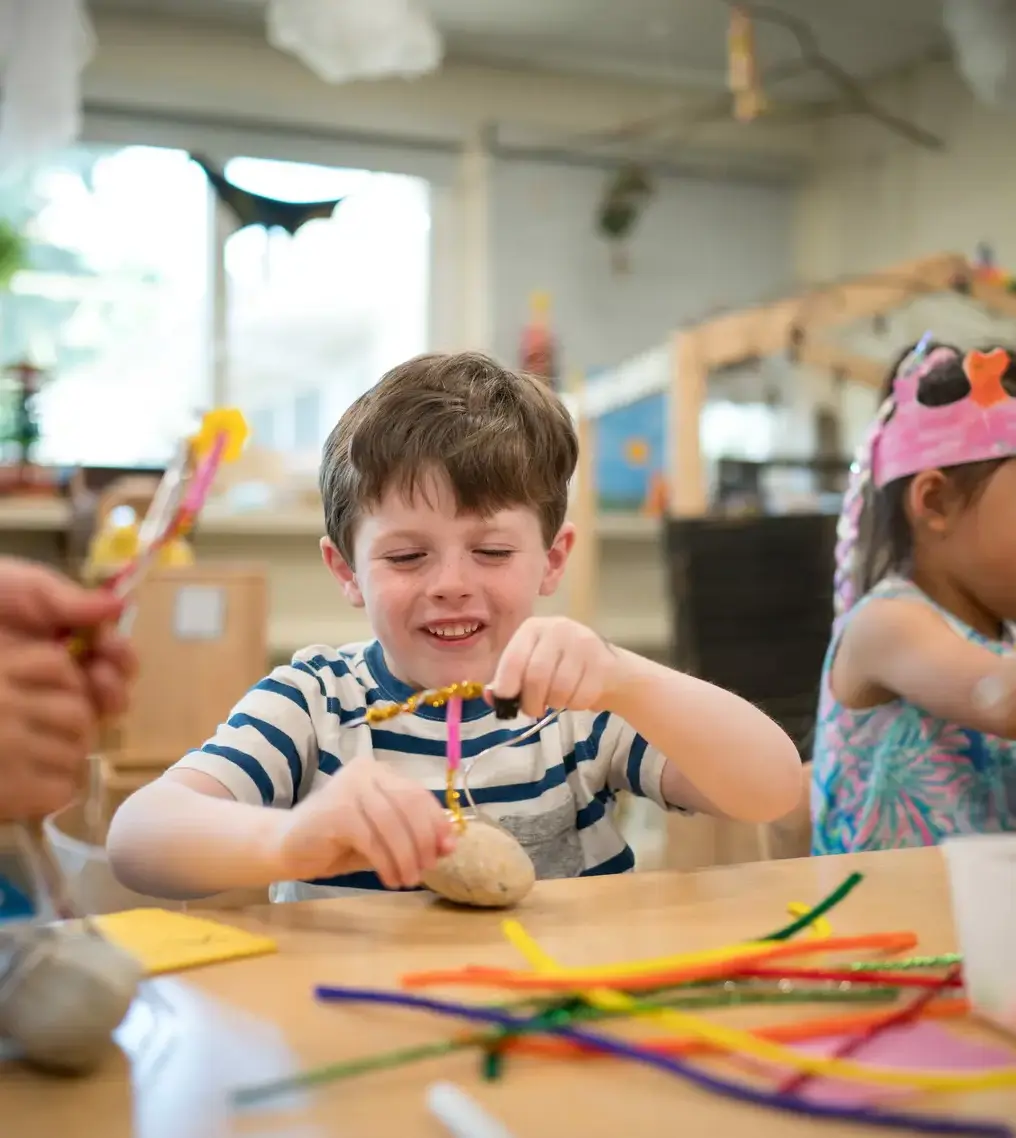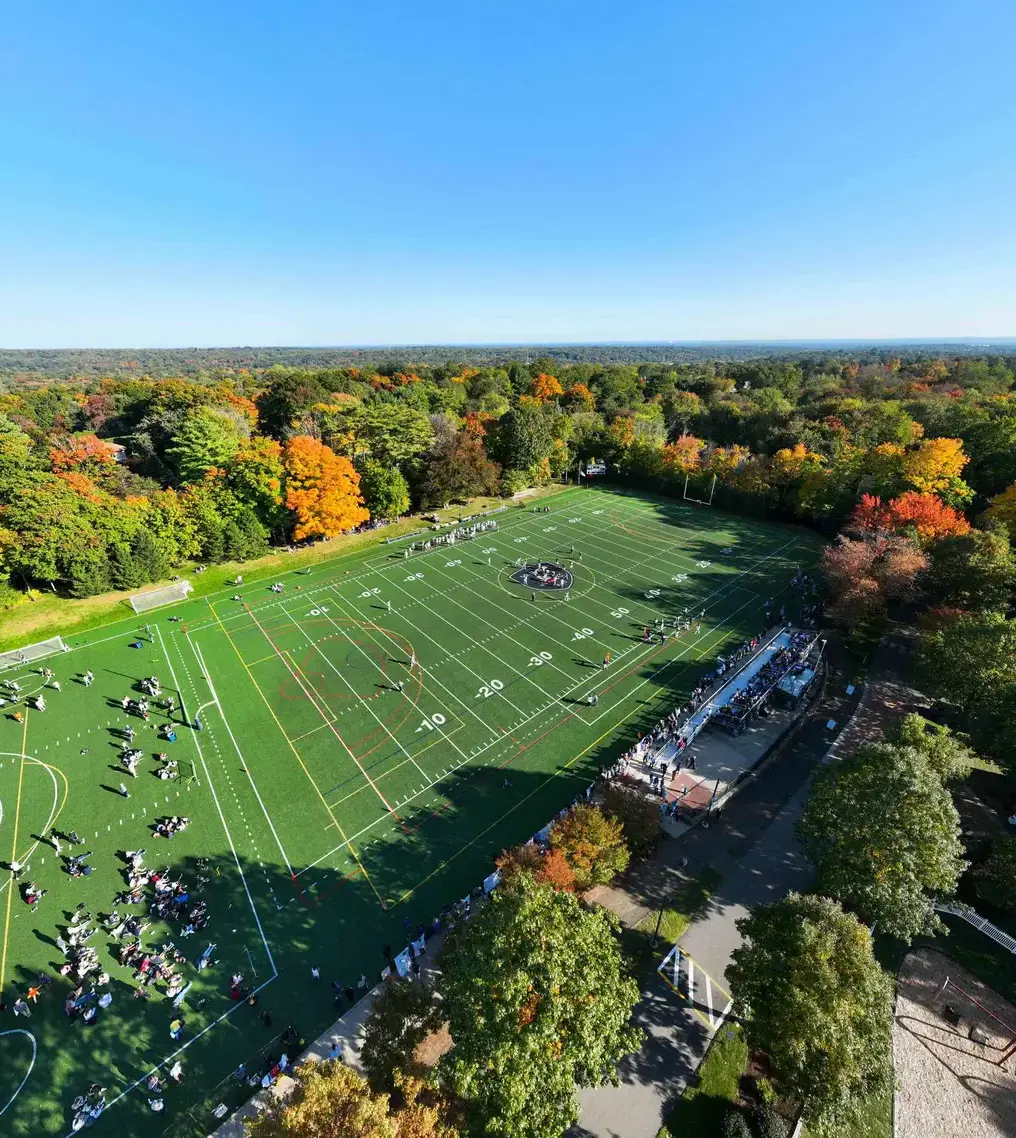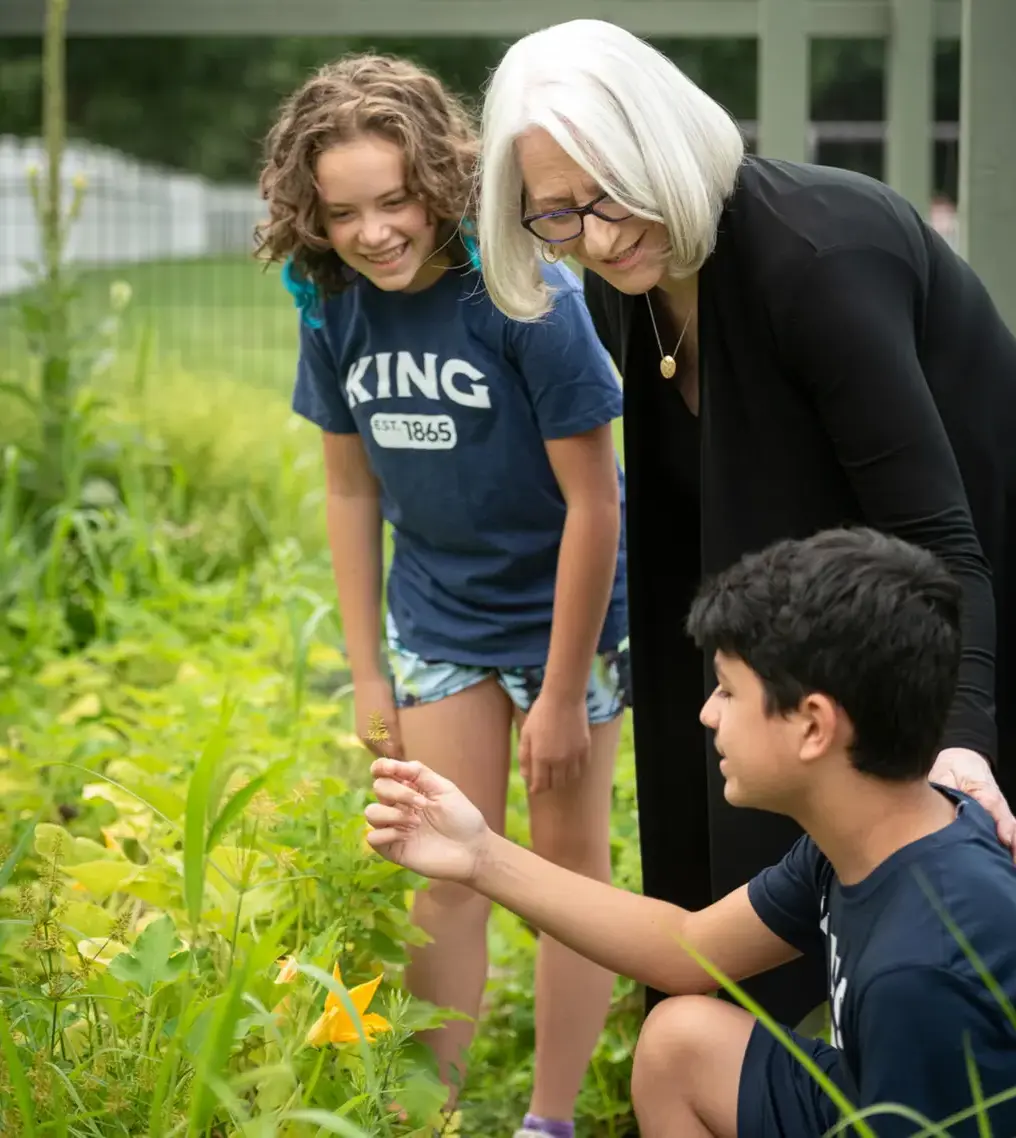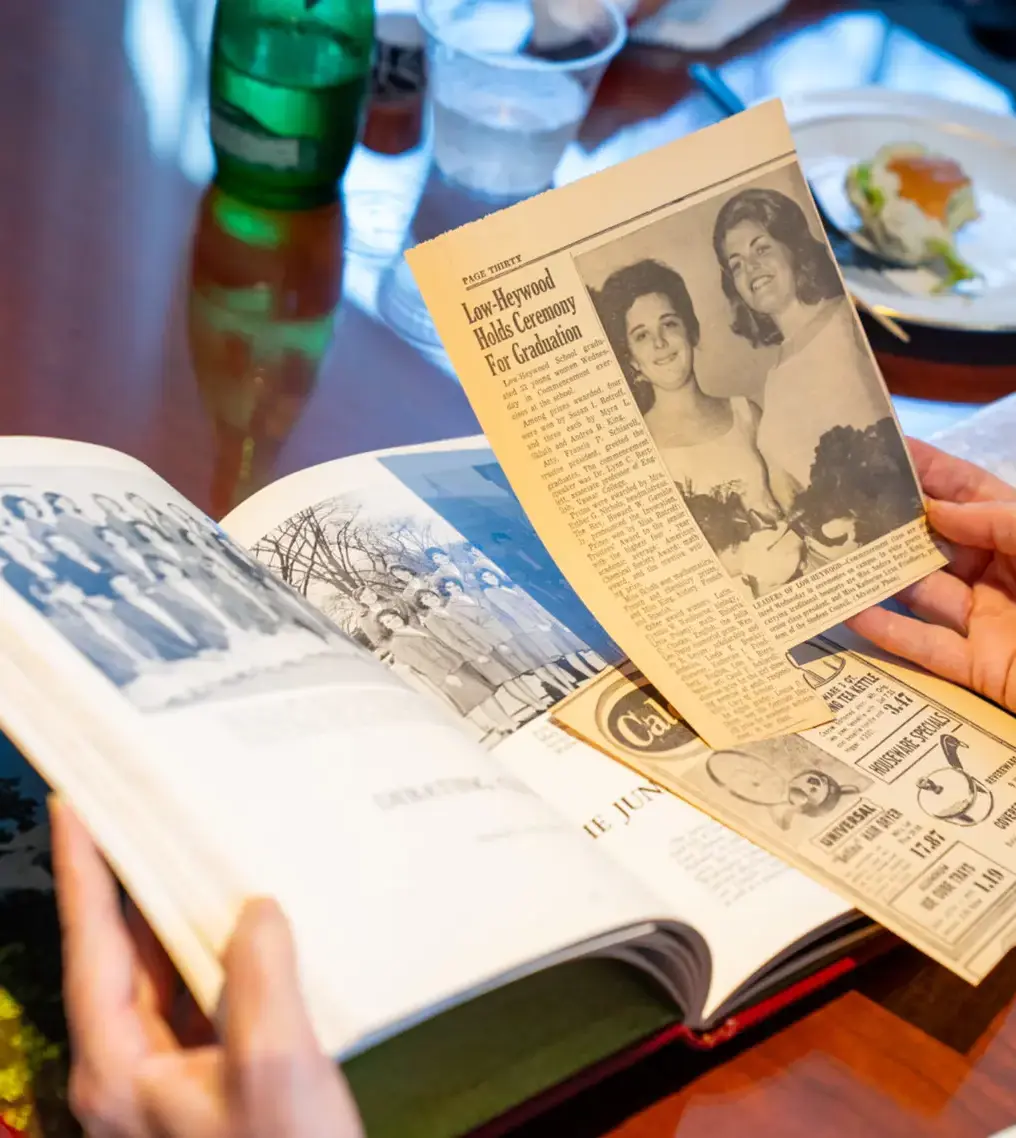Exploring Francophone Culture Through Cuisine
Students in an upper school French honors class recently completed an immersive unit on “les habitudes alimentaires des Francophones,” or the eating habits across French-speaking countries. Over the course of the study, students looked beyond cuisine, examining how food and culture contribute to the cultural richness across the Francophone world.
“Projects like this allow students to dive deeper into cultural topics, broaden their understanding of the world, and appreciate the diversity and richness of francophone traditions,” noted French teacher Denise Mihailoff.
After selecting a francophone community, each student conducted in-depth research on its geography, natural resources, and the key ingredients—such as spices, vegetables, fruits, fish, and meats—that shape its traditional cuisine. Their findings were then compiled into a slideshow, which was presented to the class in French.
“Working on this project allowed me to take a deeper look at the eating habits and local foods of Algeria, and at the rich culture and religious aspects of multiple French-speaking countries,” said Lily Schwartz ’28. “Through our class discussion and with Madame Mihailoff’s guidance, I was able to grow as a student by utilizing many different research skills, and my appreciation for other cultures expanded, as I became more curious to keep learning about how other cultures differ from ours.”
Caroline Castonguay ’28, who focused on Martinique and Guadeloupe, said that learning about the eating habits of smaller nations expanded her understanding of how culture shapes everyday life and community, and gave her a stronger appreciation for perspectives beyond her own.
Katie Karpik ’27 studied Tunisia and found that the project strengthened both her research and communication skills while deepening her understanding of cultural diversity.
“The research allowed me to understand more nuances about the country and how eating habits affect all parts of the culture,” she said. “Madame Milhailoff enabled me to learn about how Francophone culture is not definitive and every Francophone country is unique.”
Vikrant Krishnan ’28 chose to examine the Ivory Coast, crediting Madame Mihailoff with helping him confidently present his findings in French, while also gaining a deeper understanding of what distinguishes each Francophone nation.
Khloé Martin ’28, who explored Moroccan cuisine, said that the project revealed how much can be learned about a culture through its culinary traditions and inspired her to approach the world with greater curiosity and awareness.

